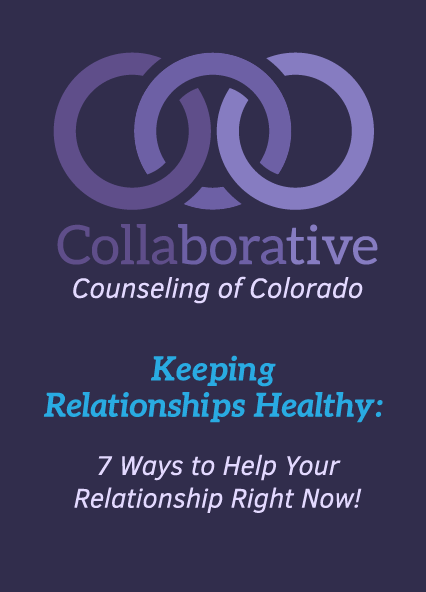There is a very personal reason why I enjoy working with new parents in my counseling
practice; I became a mom 14 years ago and the transition was…rough. All these years
later, I distinctly remember the feelings of isolation, judgment, fear and sadness as I
tried to forge into parenthood with unrealistic expectations and a lack of support. Now
that I can look back on those days with more experience and insight, my personal
struggles inspire me to help parents who are now learning the ropes of parenting. In this
post, I will share the common struggles faced by individuals during this transformative
time and offer insights on how to navigate this new journey of self-discovery.
Becoming a parent is an experience filled with joy, love, and profound change. However,
amidst the excitement of welcoming a new life into the world, many parents, especially
mothers, find themselves grappling with a complex array of emotions and challenges.
The postpartum period can be particularly tumultuous as individuals navigate the
transition into parenthood while trying to maintain a sense of self.
One of the most significant challenges faced by many first-time parents during the
postpartum period is the feeling of losing their identity. The demands of caring for a
newborn, along with the physical and emotional changes that come with childbirth, can
leave individuals feeling disconnected from their pre-parenthood selves. This sense of
loss can be particularly profound for those who have built their identity around career,
hobbies, leisure activities or other aspects of their pre-parenthood life.
Additionally, the societal pressure to “bounce back” after childbirth and return to a
semblance of normalcy can exacerbate feelings of inadequacy and self-doubt. This
pressure, often perpetuated by social media and unrealistic portrayals of postpartum
life, can leave individuals feeling incompetent and overwhelmed.
Another common struggle faced by individuals during the postpartum period is the
challenge of reconciling their new role as a parent with their existing identity. Many
individuals find themselves grappling with questions of who they are now that they are a
parent, and how they can integrate this new identity into their sense of self. This
process of self-redefinition can be daunting, as individuals navigate the balance
between their old life and their new responsibilities.
Despite the challenges, the postpartum period also presents an opportunity for
profound self-discovery and growth. As individuals navigate the complexities of
parenthood, they often unearth hidden strengths and qualities they never knew they
possessed. This period of self-discovery can be empowering, helping individuals to
redefine their sense of self in a way that is more authentic and fulfilling.
So, how can individuals navigate the postpartum period and emerge with a stronger
sense of self? Here are some tips:
Be Kind to Yourself: Recognize that it’s okay to struggle and that you’re not alone
in feeling this way. Be gentle with yourself and allow yourself the time and space
to adjust to your new reality.
Seek Support: Reach out to friends, family, or a therapist for support. Talking
about your feelings and experiences can help you process them and feel less
alone. Natalie Baca, CPM RM, a Denver-based midwife and owner of Holding
Light Midwifery, shares this tip with all of her couples in her childbirth classes: “I
tell all of my dads and partners to give moms one hour a day, every day, to have
some of their own space. That time can be used to reconnect with friends, take a
shower, paint nails…whatever brings them joy and re-establishes their sense of
self.”
Reconnect with Your Passions: While your life may look different now, it’s
essential to stay connected to the things that bring you joy. Whether it’s a hobby,
a creative pursuit, or a career, finding time for yourself can help you maintain a
sense of identity outside of parenthood. Natalie has a tip for expectant parents
for this as well. Natalie encourages her parents to set a goal for the first year of
their child’s life to accomplish something that they have always wanted to do,
such as learn to dance the tango or travel to a bucket-list destination. Once the
goal is determined, she then asks the parents to explore potential barriers that
they anticipate and create a plan for how they will overcome those obstacles.
Set Realistic Expectations: It’s important to set realistic expectations for yourself
during this time. Remember that it’s okay to ask for help and that you don’t have
to do everything on your own.
Celebrate Your Achievements: Celebrate the small victories, whether it’s getting
through a tough day or simply taking a moment for yourself. Acknowledge your
strength and resilience as you navigate this journey.
In conclusion, the postpartum period is a time of profound change and self-discovery.
While it can be challenging, it also presents an opportunity for growth and
empowerment. By being kind to yourself, seeking support, and staying connected to
your passions, you can navigate this period with grace and emerge with a stronger
sense of self.


